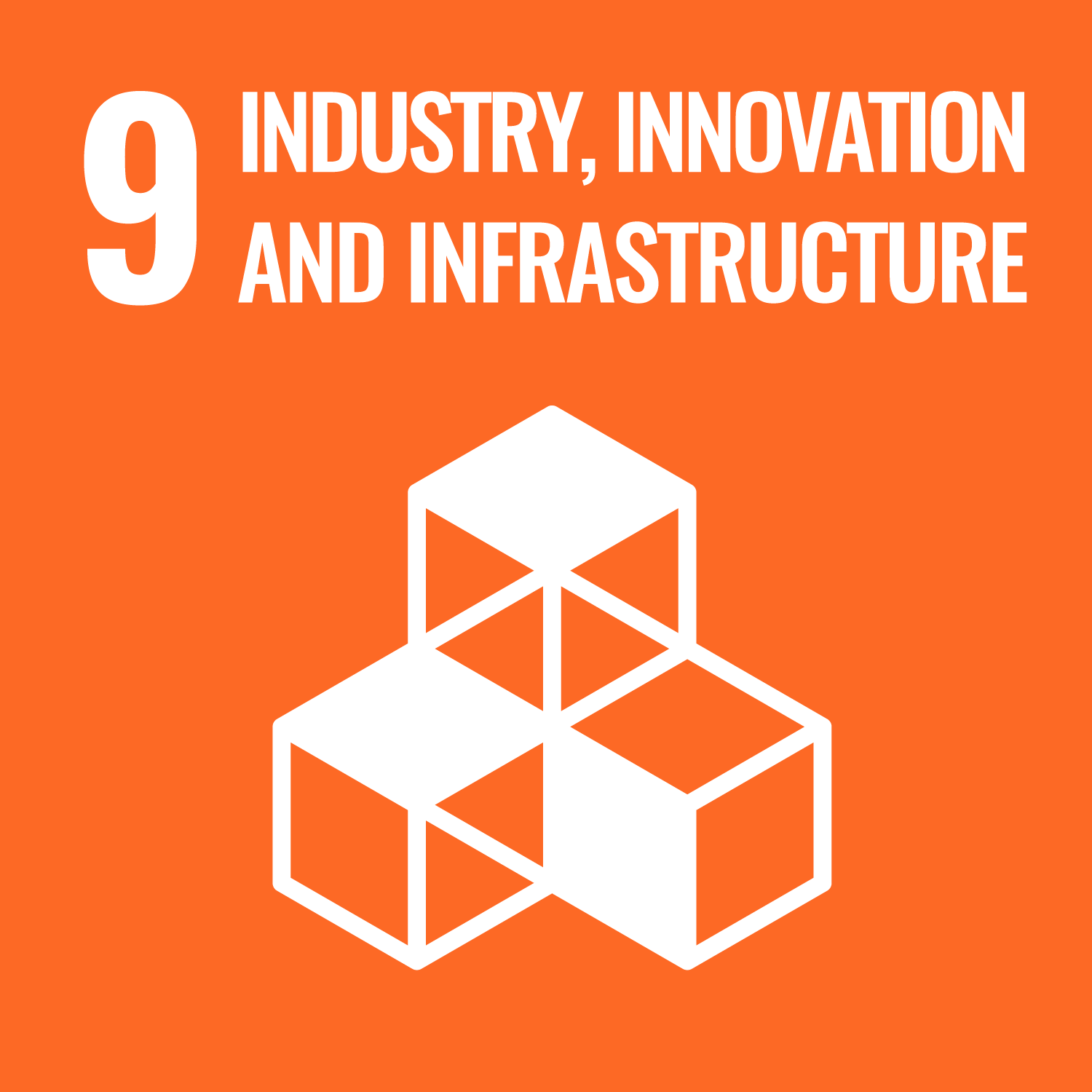Interested in this fund?
Log in or create an account to request more information.
Gain a deeper and comprehensive understanding of how this fund generates positive impact in the themes and SDGs that matter to you, with insights provided by our dedicated team of expert analysts, and receive notifications about new available impact products, exciting investment opportunities, and relevant updates in the world of impact investing.
Fund geography
Emerging countries (256) / Africa (127) / Eastern Africa (50)
Progreso Fund was designed for DOEN Foundation and Rabobank Foundation as first financers in 2000 in order to improve the access to pre-harvest and trade finance for small coffee producer organisations in Latin America and Africa and Asia. At that time trade finance was a real limitation for small producer organisations. Because of the nature of these organisations they were being seen by the local banks as not bankable. So the vast majority of credit used in order to be able to produce, buy and export was or coming from buyers willing to pre-finance contracted (limited) or coming from local institutions at a very high interest rate, making it difficult to compete.
Management oversight of the Progreso Fund was contracted out to Avance (www.avance-pmc.nl), a consulting firm lead by the Progreso Fund portfolio manager Angel Mario Martinez Garcia.
Since 2012, the Rabobank Rural Fund (https://www.rabobank.com/en/rabofoundation/rural_fund/index.html) has absorbed the portfolio of the Progreso Fund; there is still collaboration between the Progreso Program and the Rural Fund to make sure that the Access to Finance is available for producer organizations.
Financial description
All organisations require funding to buy the product from their members, otherwise there is a chance that it will end up in the hands of intermediaries. Producer organizations need access to investment capital to cover their long term financing needs, like investments in infrastructure or renovation of plantations. The Progreso Fund made good relationships with (social) lending organizations that are specialized in providing short and long-term credits to producer organizations and that are willing to work with the Progreso members.
Export financing made it possible for the organisations to grow, in terms number of members, volume traded and additional income generated. It also made it possible to export organic certified coffees, thereby contributing to the sustainable management of coffee plantations. From 2000 to 2008 Progreso Fund built up a portfolio of over 25 clients with more than 10M USD equivalent in financing completed and a 0% default rate.
The fund was financed with subordinated loans from DOEN and Rabobank Foundation (valued at 7 million USD in 2009) at 0% interest rate. The export credits were given at 8% per year. The management fee was 2% for the fund management (including program design and coordination of other activities) and 1% for administration. In 2007, additionally decided that besides coffee it also would also finance cacao producers.
19 years
of track record
2006
the year funded
n.a.
AUM
Interested in this fund?
Log in or create an account to request more information.
Gain a deeper and comprehensive understanding of how this fund generates positive impact in the themes and SDGs that matter to you, with insights provided by our dedicated team of expert analysts, and receive notifications about new available impact products, exciting investment opportunities, and relevant updates in the world of impact investing.
Asset manager
Impact Category
Fund overview
Asset manager: SunFunder
Product track record: Fund has 19 years of track record
Target IRR: n.a.
Committed Capital: n.a.
Target return category: Below risk-adjusted market-rate of return
Fund domicile: Netherlands
Product status: Completed
Style/Stage: Early Stage
Inception year: 2006
Vintage year: 2006
Target region: Africa, Eastern Africa, Emerging countries
Target close date: n.a.
Product term: n.a.
Assets under management: n.a.
Investment size: Min: 0; Max: 0; Avg: 0
Co-investment policy:
Currency of investments: USD (US Dollar)
Currency for fund / product figures: USD (US Dollar)
Fund investments to date: 0
Fund investments to date exited or repaid: 0
Management fee: n.a.
Carried interest: n.a.
Hurdle rate: n.a.
GIIN Investors' Council Investment: Yes
Limited Partners / Investors: Rabobank Foundation, DOEN Foundation
Limited Partner / Investor Type: Family Office, Other Institutional Investors
Contact
E-mail: admin@progreso.nl
Website: http://www.progreso.nl
Phone number: +31 (0) 20 625 41 20
If you wish to have your details removed from this database please email gdpr@impactyield.com
Angel Mario Martinez Garcia
Executive Director
Impact Performance
n.a.
Impact thesis
By providing affordable and timely financing, smallholder organizations can collect coffee from their farmers and receive the additional values of selling their coffee under Fair Trade conditions. If the money is not available, the coffee is sold through local intermediaries for lower prices, undermining all the work and effort the organizations and farmers do.
Working capital is a very important tool for the organization and the farmer. In the rural communities, the coyote (intermediary) stops by the house of the farmer and buys, with cash, the coffee from the producer. This is bad for both the cooperative and the farmer. The cooperative risks defaulting the contracts with the off takers; this seriously damages the reputation of the organization. In the case of the farmer, he/she does not sell the coffee as Fair Trade, meaning that the price he/she received for the coffee is lower than what he/she could have obtained selling it via the organization. The cooperative can’t blame farmers for selling coffee to intermediaries; the farmers have needs and bills to pay. What the coop can do is look for affordable working capital so they also have cash and can compete with the intermediaries; maximizing the benefits of the hard work of the producers. The coop simply can’t survive if there is no working capital. By selling the coffee under better conditions, the coop offers Technical Assistance to the farmers, so they can grow more coffee, and of better quality.
Impact Management
n.a.




